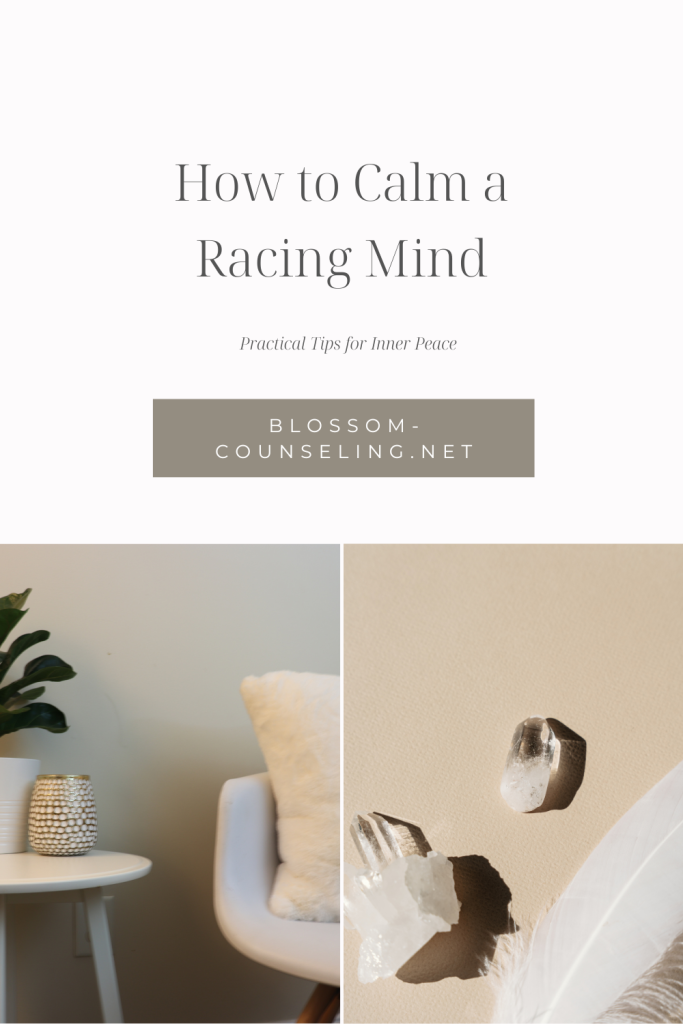
We’ve all experienced those moments where we wish we could turn back time and make different choices. Instead of letting regret consume us, we can learn from it, find forgiveness, and use it as a catalyst for personal growth.
Understanding Regret:
Regret is a natural and universal human emotion that arises when we feel remorse or disappointment about past actions or decisions. It often stems from a sense of missed opportunities, mistakes, or choices that didn’t align with our values or desires. While it can be painful, regret also holds the potential for personal growth and transformation.
Acknowledging and Accepting Regret:
The first step in dealing with regret is acknowledging its presence and accepting that it’s a normal part of the human experience. It’s okay to feel regret, as it shows our capacity for self-reflection and growth. Give yourself permission to experience and process this emotion without judgment or self-criticism.
Reflecting and Learning:
Regret can serve as a valuable teacher if we approach it with openness and curiosity. Take the time to reflect on the choices or actions that led to regret. What lessons can be learned from those experiences? How can you use those lessons to make more aligned decisions in the future? Embrace regret as an opportunity for self-discovery and growth.
Practicing Self-Compassion:
Regret can sometimes lead to self-blame and harsh self-judgment. It’s crucial to practice self-compassion during these moments. Treat yourself with kindness and understanding, just as you would support a dear friend facing regret. Remember that everyone makes mistakes and that growth comes from learning and evolving.
Gaining Perspective:
Regret often arises from a narrow perspective, focusing solely on the negative outcomes or missed opportunities. Take a step back and try to gain a broader perspective. Recognize that hindsight is a powerful tool, but it’s not fair to judge past choices solely based on present knowledge. Be gentle with yourself and acknowledge that you made the best decision you could at the time with the information and resources available.
Making Amends and Forgiveness:
If your regret involves actions that affected others, consider making amends when appropriate. Apologize sincerely, take responsibility for your actions, and seek forgiveness. However, it’s important to remember that forgiveness is a process that involves both parties. If forgiveness is not granted, find solace in knowing you have taken steps to make things right and focus on your own personal growth.
Embracing the Present:
While regret is rooted in the past, it’s essential to shift your focus to the present moment. Dwelling excessively on regret can prevent you from fully experiencing and enjoying what is happening now. Embrace the power of the present moment and actively participate in creating a brighter future for yourself.
Letting Go and Moving Forward:
Ultimately, dealing with regret is about finding a way to let go and move forward. Accept that you cannot change the past, but you have the power to shape your future. Use the lessons learned from regret as stepping stones toward personal growth, making more aligned choices, and living a life that aligns with your values and aspirations.
Regret, though challenging, can be a catalyst for personal growth and transformation. By acknowledging and accepting regret, reflecting and learning from it, practicing self-compassion, gaining perspective, making amends and seeking forgiveness, embracing the present, and letting go, you can navigate the journey.
|
|
Our team of compassionate therapists is here to help you find the support you need. We believe in a holistic approach, treating your mind, body, and spirit. With a blend of traditional and alternative therapies, we tailor your experience to meet your unique needs. At Blossom, we create a non-judgmental space where you can be your authentic self. Our goal is to empower you, amplify your strengths, and help you create lasting change. Together, we’ll navigate life’s challenges and help you bloom, grow, blossom! You deserve to become the best version of you.




